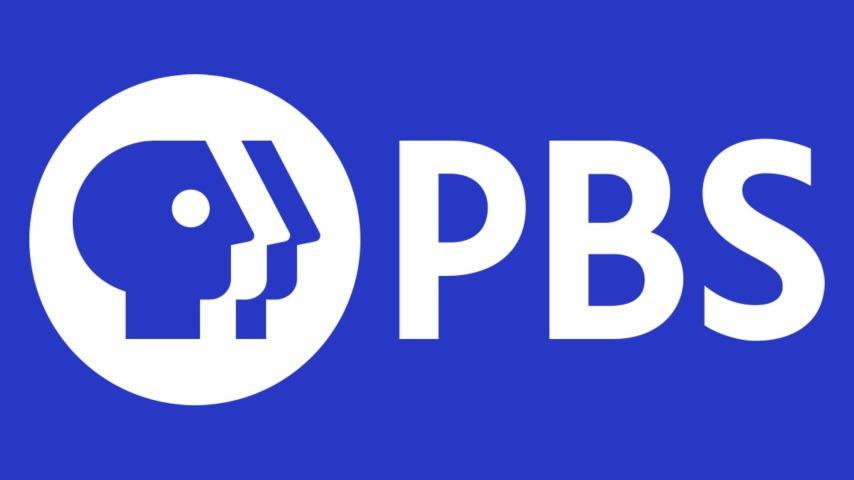At the behest of President Trump, federal funding for NPR and PBS is on the chopping block this week. In a party-line vote last month, House Republicans squeaked through Trump’s “rescission” plan, clawing back previously allocated $1.1 billion for the Corporation for Public Broadcasting and roughly $8.3 billion in foreign aid that only fights famine and disease, but you know, how else are we going to cut taxes for the wealthiest and therefore best Americans. Trump isn’t going to let that happen. He’s got Epstein Files to keep quiet, so the President has already put his thumb on the scales, Truthing that he will not support or endorse “any Republican that votes to allow this monstrosity to continue broadcasting.” That “monstrosity” is the public broadcasters who show Daniel Tiger’s Neighborhood. We don’t want kids learning emotional regulation that could prevent them from developing into hateful cynics. Of course, while PBS and NPR do not want their funding cut, those organizations wouldn’t be the hardest hit. That would be local stations in rural communities that depend on PBS for more than just NewsHour. Unfortunately, Republicans have convinced themselves and their base that PBS and NPR are ideologically driven projects, designed to further the liberal agenda of Woke. So yeah, there’s a lot at stake and, as usual, the country’s most financially vulnerable are bearing the brunt.
Speaking to Deadline, PBS CEO Paula Kerger laid out the damage this rescission vote would have on those communities. “The thing that is the hardest to think about is for those stations for whom this will be a catastrophic event, is what, if anything, can be done to help them?” Kerger said. “Part of the reason they’re more reliant on government funding is that they are in communities. Some of these are really small communities, [such as] Smoky Hills, Kansas, or Granite Falls, Minnesota, or Cookeville, Tennessee. These are stations that I have visited who do really great work, and I can tell you if those communities are going to be very hard pressed to try to replace the government money.”
As the Trump administration pressures its lackeys to vote against Woke and hand over congressional power to the executive branch, they’d be undercutting smaller communities less than PBS. “[People] think PBS is like CBS, that we’re a network,” Kerger continues. “We’re not. We are a federated system. Our stations are all locally owned, locally operated, locally governed.” Those local stations choose what to air. “PBS was created by them to be able to create a scale [for] programs that they’re all interested in,” she said. “That’s the vast array of programs we have for kids, especially those that aren’t enrolled in pre-K. It’s about helping to bring forward great projects like Ken Burns’ series on the American Revolution.” If the funding goes away, for some stations in rural communities, that’s 40 to 50% of the budget in some cases. “For those stations, it’s existential.”
Once the station is sold, it loses its license, and someone else buys it. Poof, that PBS station is gone forever, which can have a direct impact on public safety because PBS uses its broadcast infrastructure for the emergency alert system, used by PBS viewers and first responders. “We use broadcast technology to push content out, because we all know what happens during emergencies, particularly severe emergencies, when cell phone service fails. Broadcast is [a] reliable and hardened infrastructure.” Given the deadly flash floods in Texas and New Jersey this week, one would think the government would attempt to shore up those emergency systems. Alas, the American people have spoken, and what they want is no more good things for Americans, only pain and misery. Kerger states that PBS costs individual Americans only $1.35 per year. No good things for Americans, no matter how inexpensive.
The deadline for the vote is Friday, but the cuts, if approved, could go through as early as today.

 Keep scrolling for more great stories.
Keep scrolling for more great stories.
